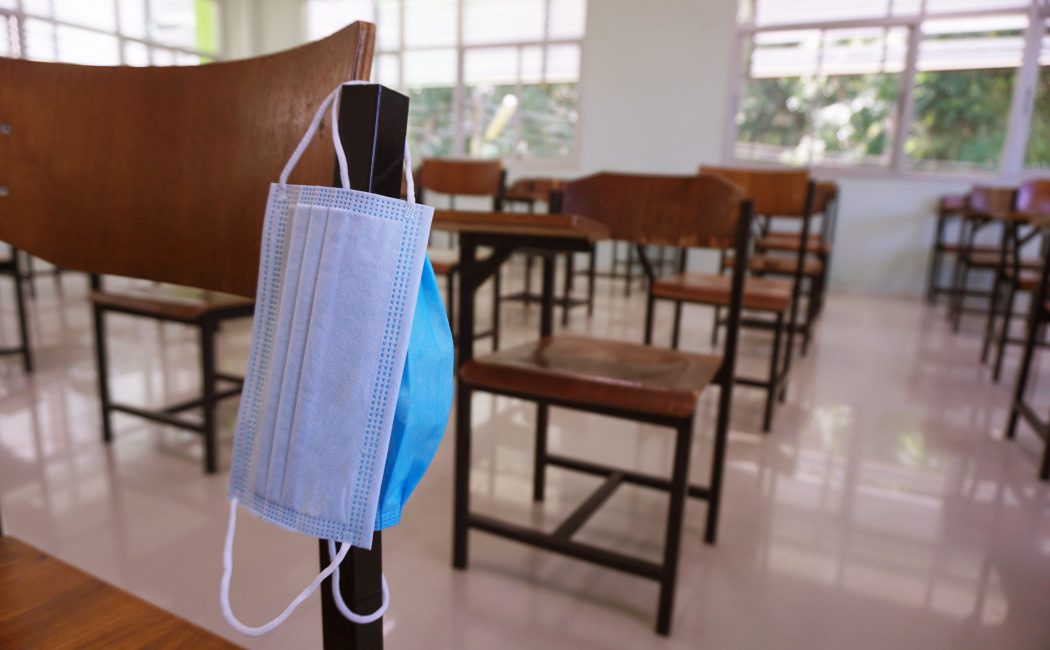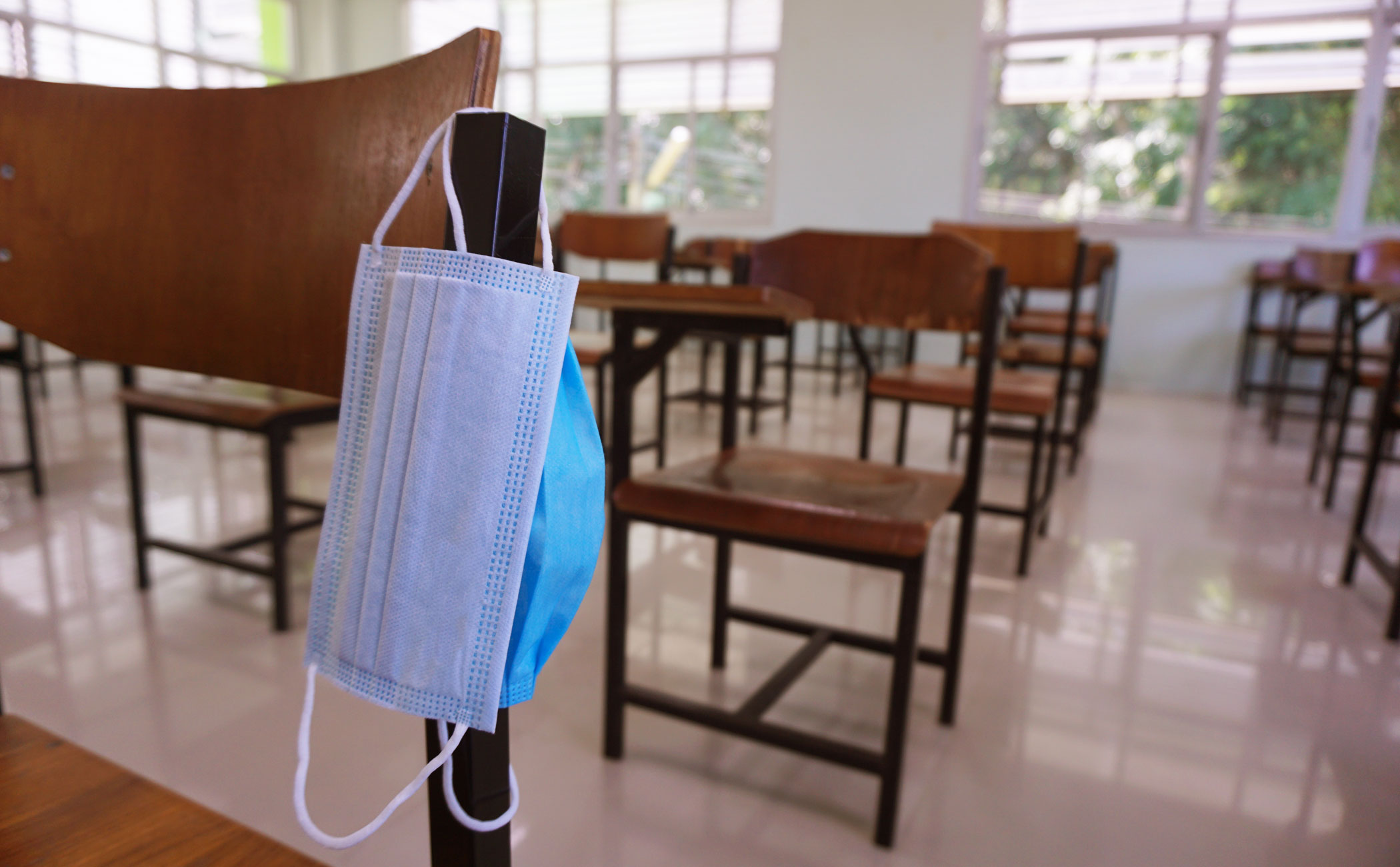
As the COVID-19 epidemic escalated to a pandemic in early 2020, millions of Americans began working from home — and millions of students left their classrooms to continue their studies remotely.
In March 2020, all 983 Nebraska public schools sat vacant, and all the state’s 330,000 children from pre-kindergarten to grade 12 were learning in out-of-classroom environments.
Although schools quickly pivoted from traditional in-class instruction to remote learning, a recent study suggests the COVID-19 pandemic’s impact on Nebraska’s PreK-12 educators — and by extension, Nebraska children — may have far-reaching consequences. Researchers warn the pandemic’s disruption in learning may weaken the state’s future workforce if not addressed quickly.
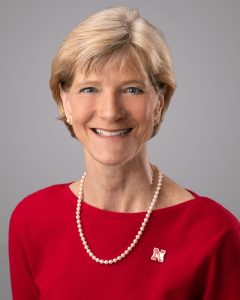
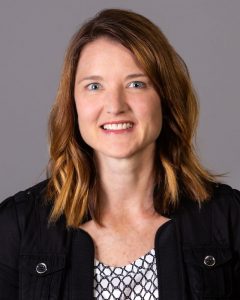
Last summer, CYFS partnered with the Nebraska Department of Education to conduct a comprehensive statewide survey of all certified public school teachers, administrators and superintendents to better understand the pandemic’s immediate impacts on educators and educational systems. All but one of Nebraska’s 244 school districts were represented in the study.
Teachers reported low levels of student participation in remote learning, resulting in large numbers of students missing critical instruction. More than 40% of responding teachers reported that only about half their students participated — which means half did not.
Educators also expressed concern about the lack of internet and computers in some children’s homes, as well as parental engagement, difficulties monitoring of out-of-school learning and challenges they faced supporting special needs students learning at home.
“For learning to occur in any environment, students must participate and be engaged,” said Susan Sheridan, CYFS director and the study’s principal investigator. “Last spring, a significant part of the school year was conducted in a virtual environment, and while that may appear to be a positive and appropriate solution, many children were left out or left behind in those situations.”
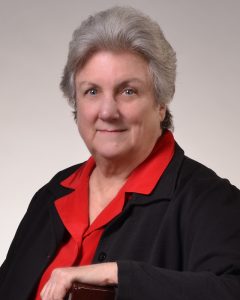
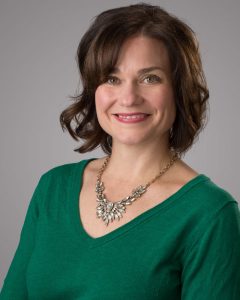
During the study’s first phase, Nebraska educators across all grade levels were surveyed to examine the pandemic’s immediate structural and psychosocial impacts on Nebraska schools and educators during school closures.
Surveys were sent to educators just as they were completing their school year. Data were collected from 6,938 K-12 teachers, 207 principals and 84 superintendents.
Surveys also revealed the pandemic had taken a toll on educators’ physical and mental health. Two-thirds of teachers and 90% of principals and superintendents reported moderate to extreme job stress.
Sheridan notes the full scope of the pandemic’s impacts on educators and their students may not be seen for years. Lost instructional time, fewer learning experiences and reduced mental well-being among students and teachers may result in a less-educated, less-prepared workforce.
“Teachers pursue education careers because they love children and want to interact one-on-one with kids,” Sheridan said. “They have a passion for ensuring children are learning to their potential. But a lot of teachers felt robbed of that when things shut down.”
In the study’s ongoing second phase, researchers are interviewing educators to learn more about their experiences and expectations as schools gradually reopen. Many educators report not receiving adequate support in their personal lives, and are concerned about safety, returning to school, technology, challenges with children’s online engagement and the ability to connect with other teachers.
Last spring, a significant part of the school year was conducted in a virtual environment, and while that may appear to be a positive and appropriate solution, many children were left out or left behind in those situations.”
— Sue Sheridan, CYFS director and principal investigator
“Teachers adjusted to remote learning the best they could, but at what cost?” Sheridan said. “There is a lot of uncertainty, and the intensity of some of the responses are noteworthy. They are letting us know this is a dire situation.”
Originally funded by a COVID-19 Rapid Response Grant from the UNL Office of Research and Economic Development, the project has received additional funding from NDE that will enable researchers to conduct a follow-up survey early this summer.
Along with Sheridan, the research team includes Lisa Knoche, CYFS co-director; Gwen Nugent, CYFS research professor; and Amanda Witte, CYFS assistant research professor.
“It’s one thing to live through something like this, but it’s very different to learn from it and act,” Sheridan said. “We hope these data shed light on not only what we all had to get through and what happened to help us survive, but also how to use the information in the future.”
Learn more about this project in the CYFS Research Network.
